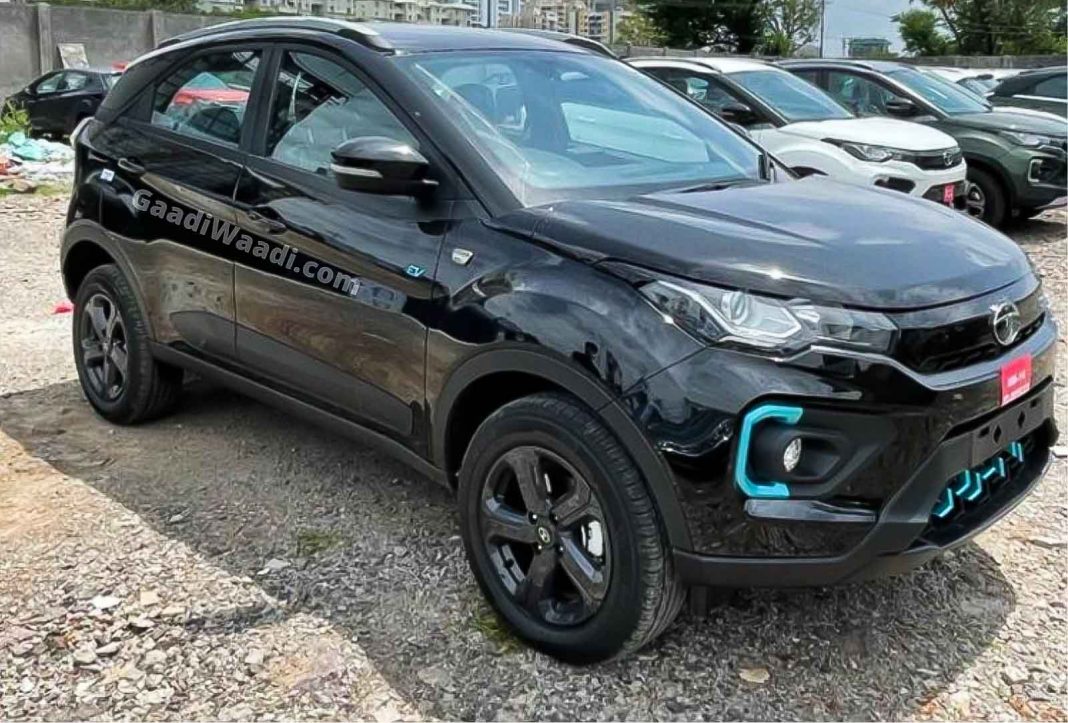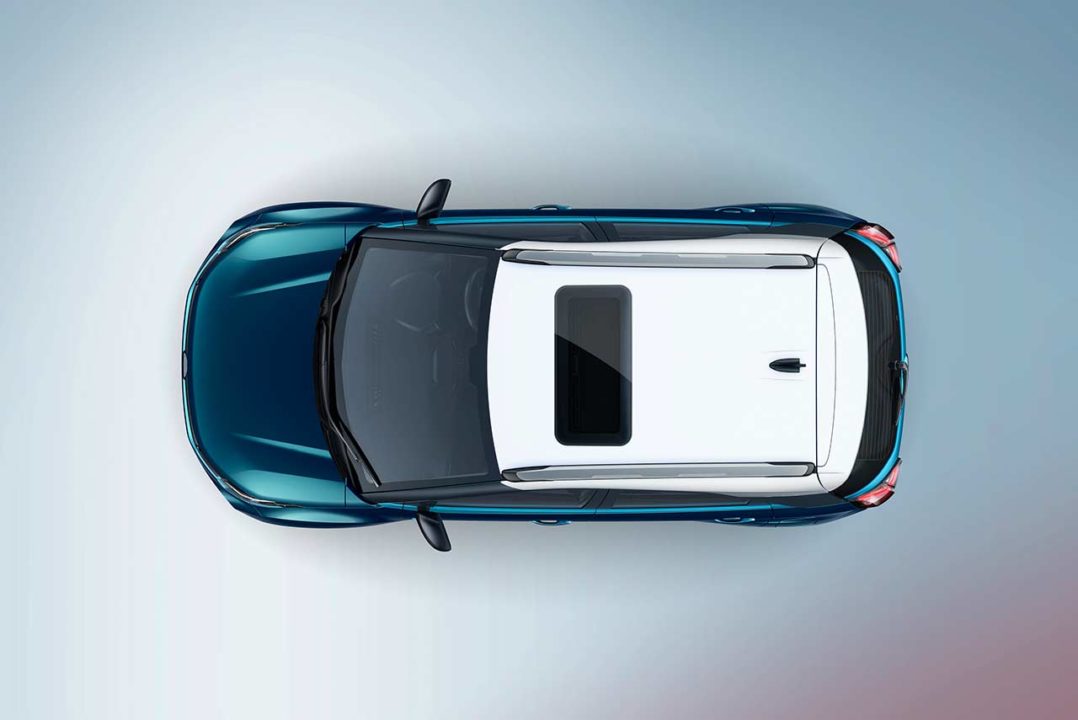
2022 Tata Nexon EV will reportedly get a larger 40 kWh battery pack enabling a claimed range of over 400 km on a single charge
According to a recent report that emerged on the internet, Tata Motors is developing a higher range Nexon EV. The electric SUV is currently the best-selling passenger EV in the country and the updated version will be launched in the early parts of 2022. The existing Nexon EV’s range will be expanded as a larger range battery pack enabling higher driving range will be incorporated.
The 2022 Tata Nexon EV will likely help in addressing a wide band of customers considering that it will have better range capabilities. The five-seater based on the facelifted ICE-powered Nexon attributes to 60 per cent of the total zero-emission vehicle sales in India and Tata also sells the updated Tigor based on the Ziptron technology recently.
One of the key reasons for the Nexon EV’s success is its price range as it costs between Rs. 14.24 lakh and Rs. 16.85 lakh (ex-showroom) despite enabling lesser range compared to its rivals such as MG ZS EV and Hyundai Kona Electric. It currently uses a 30.2 kWh battery pack with a claimed driving range of 312 km on a single charge and it develops 127 bhp and 245 Nm.

The Nexon EV is good enough for a real-world range of around 200 km and it is largely preferred by customers for city use. It could change in the 2022 Tata Nexon EV as it will reportedly feature a larger 40 kWh battery pack. The overall kerb weight is said to increase by 100 kilograms and changes to the floor pan have been incorporated to position it underneath.
The presence of a 30 per cent larger battery pack has taken a toll on the bootspace as well. The updated Nexon EV will have a range of more than 400 km on a single charge in the local test cycle with the real-world range sticking around 300-320 km helping it to close the deficit to its rivals. It will also boast selectable regeneration modes.
Other updates include visual changes, new alloy wheels, inclusion of ESP (Electronic Stability Program), etc. Its price could go up by Rs. 3-4 lakh due to the multitude of changes involved. Tata has embarked on an aggressive EV strategy under the new subsidiary called Tata Passenger Electric Mobility as ten electric vehicles are planned by 2026.
